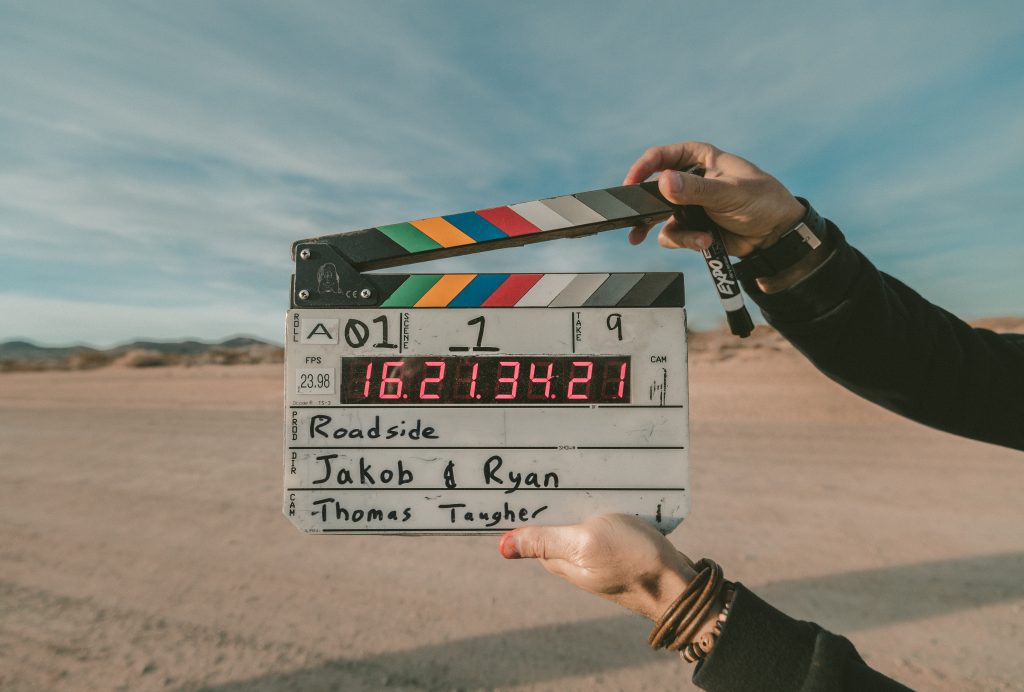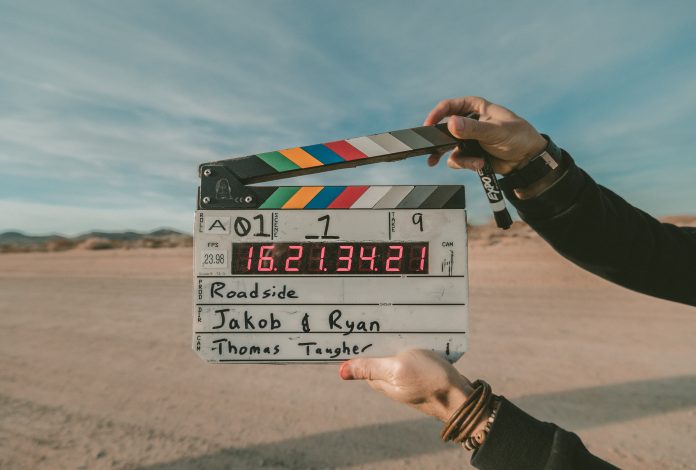Like many people, I enjoy the movie-watching experience. It’s always a pleasant surprise when I watch a movie that far exceeds my expectations. Released earlier this year on Netflix, Stowaway—billed as a science-fiction thriller—was definitely not perfect; several plot points remained unresolved, and our suspension of disbelief was stretched.
But I was able to overlook that because of what I felt the movie was about: the human condition.
I loved the sparseness of this movie. There was one set and four people, that’s it. It could easily be a play. Yes, it was a space movie, but that isn’t going to be enough for a space nerd looking for a slick science-y picture. This one is about the people.
The four characters quickly realize they are unwittingly faced with an impossible life or death decision that will literally sacrifice one of them to save the other three. They have a limited amount of time to try and avoid the inevitable, but by the time the decision needed to be made, I was pulling for all of them. I couldn’t pick. I wanted them all to make it.
While watching the movie, I was initially annoyed by the fact that every time the ship’s captain talked to mission control, it was a one-sided conversation for the audience; we only heard the captain’s part of the conversation. But after a while, it became clear to me that this movie was about a moment in time, and the audience was intentionally kept focused on the four people and their struggle.
The movie ends without us knowing exactly how it all works out, but we get enough to know what’s going to happen.

For the next few days after watching the movie, I pondered why Stowaway spoke to me so much and why I really loved it.
I thought about the actors that portrayed the characters: a black man, a young woman, an Asian man, and a middle-aged woman. It was a lovely mix, but that didn’t really matter. The impossible situation they had to tackle did.
And while every good story has a problem that needs solving, the problem in Stowaway wasn’t the character’s differences. It was their similarities: love of family, the yearning to explore and discover, and the basic desire to survive.
Maybe I found some unintended utility in this movie, and it really was just supposed to be a science-y space-nerd flick. Nonetheless, I found myself not focusing on the age, gender, or race of the characters, because at our core, we are fellow humans with basic human needs, dreams, desires, and fears.
To me, Stowaway was an allegory about the human experience.
The spaceship is the earth, and the four characters represent us, humanity. We are all on this earth together and any time you get two or more humans in the same place, things are going to happen. The big question is: how are we going to react?
Isn’t that our experience as well? The military community is a cross-section of society.
The call to serve hearkens men and women from all walks of life and the variety of ethnicities, faiths, and cultures strengthens us.
It’s the bigger things we have in common:
- living life away from extended families
- worrying about our service member at work, on deployment, in training, etc.
- a pending PCS and all that goes with being uprooted and resettled
- worrying about the kids and how they are affected by everything
…all the experiences unique to military life.
The deeper I get in life, the more I realize how much I’ve benefited as a military child, spouse, and parent from a life-long exposure to people who look and think differently than I do.
Like most things, military life isn’t perfect and there are plenty of challenges. Yet I think we are all pulling for each other because in the end, we all want every character to make it.











